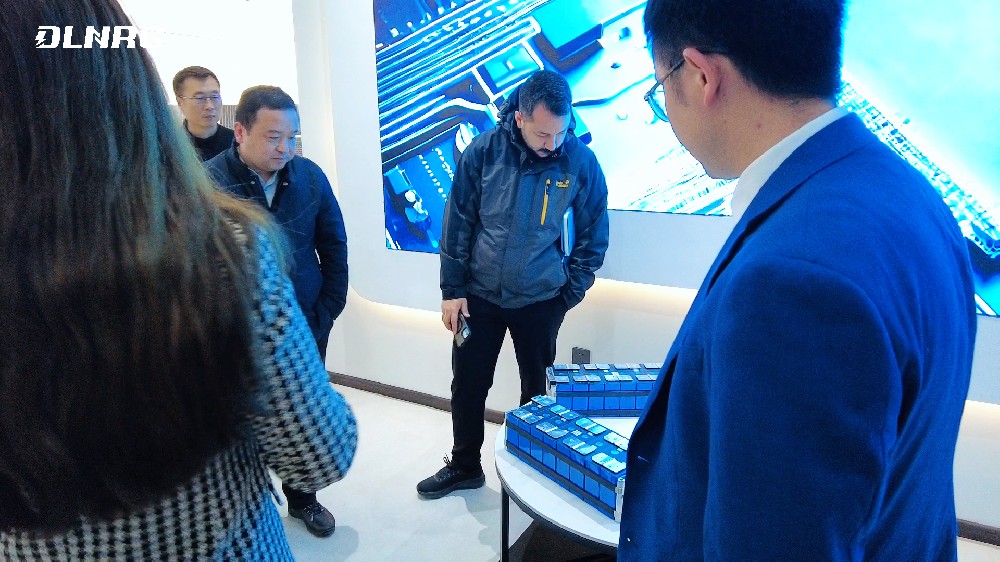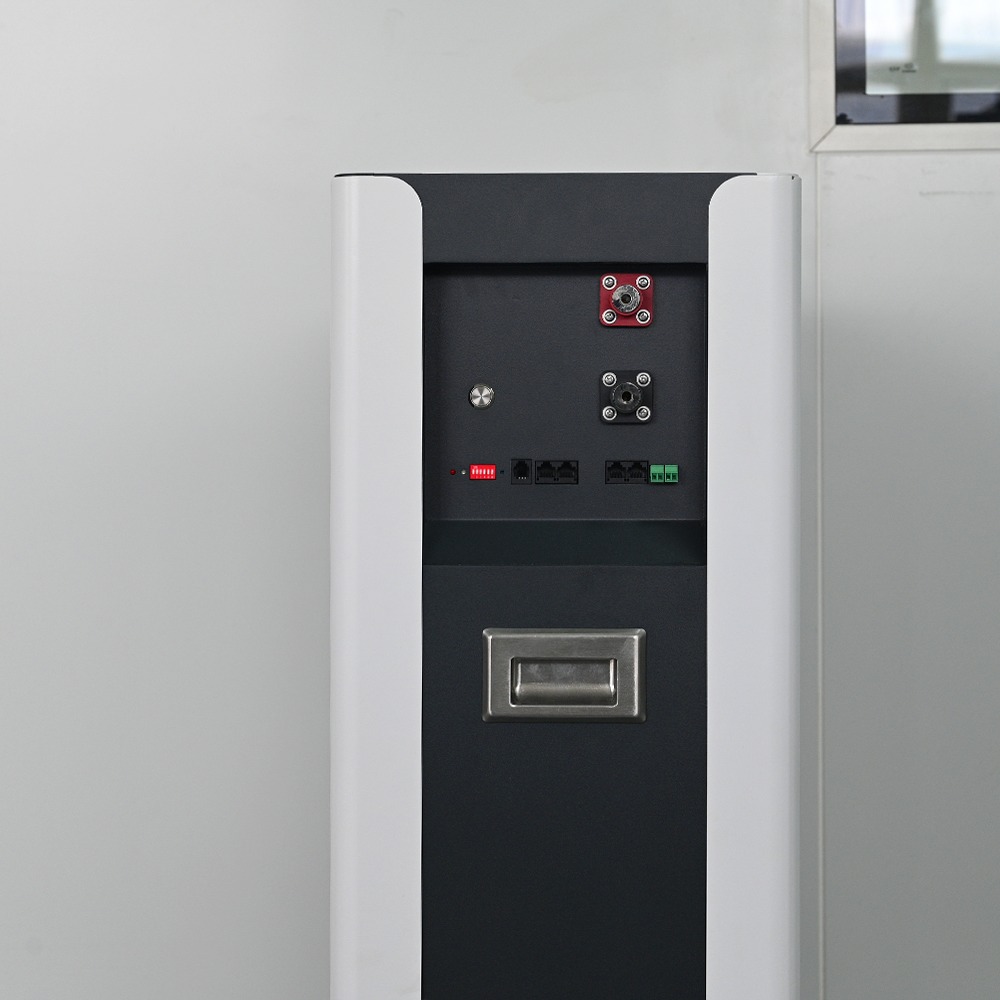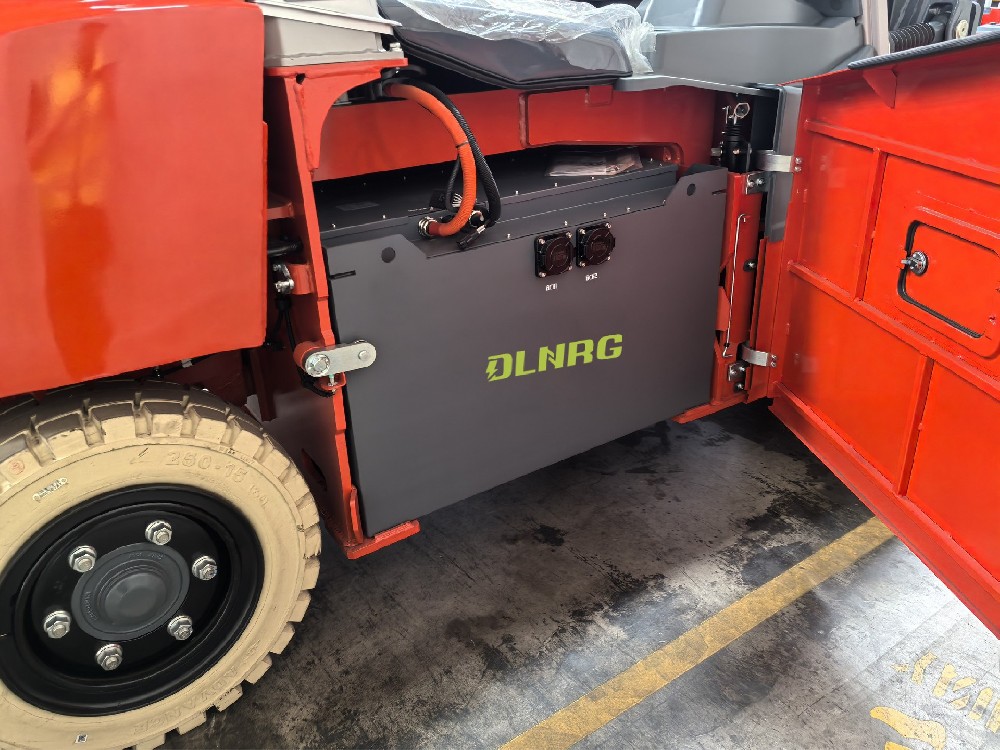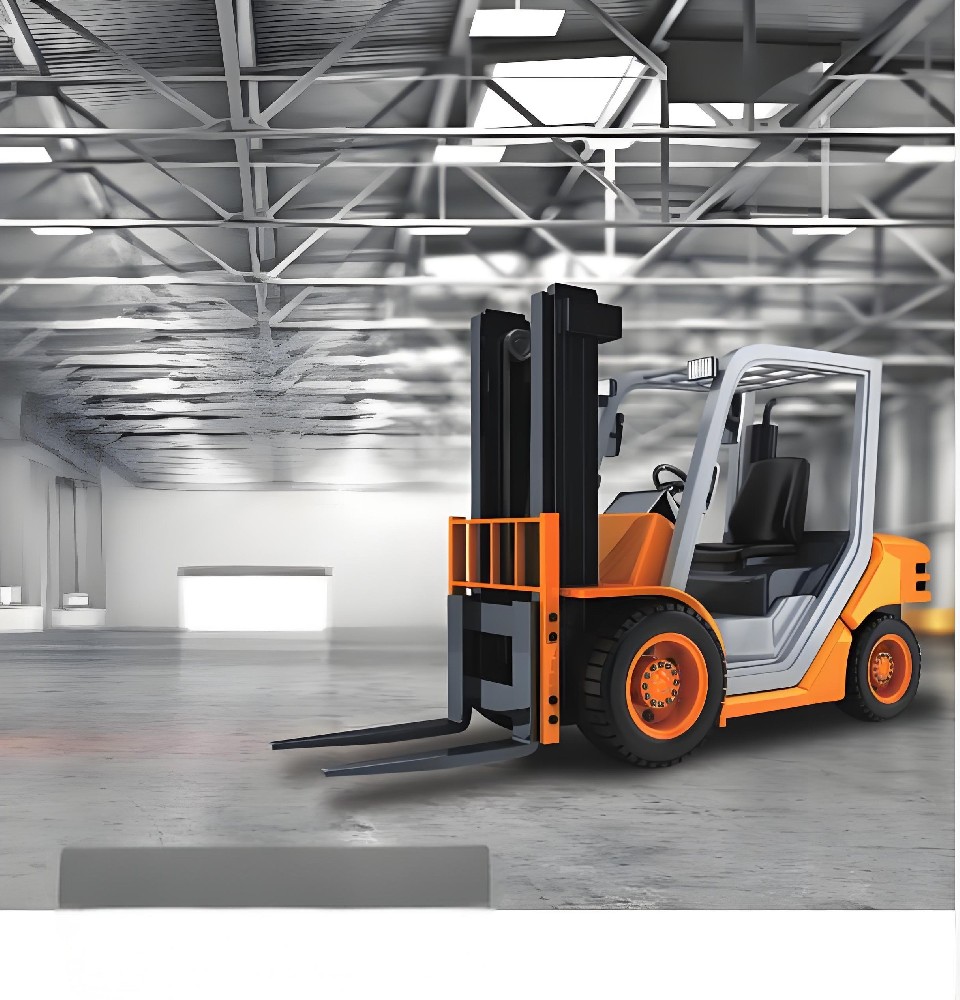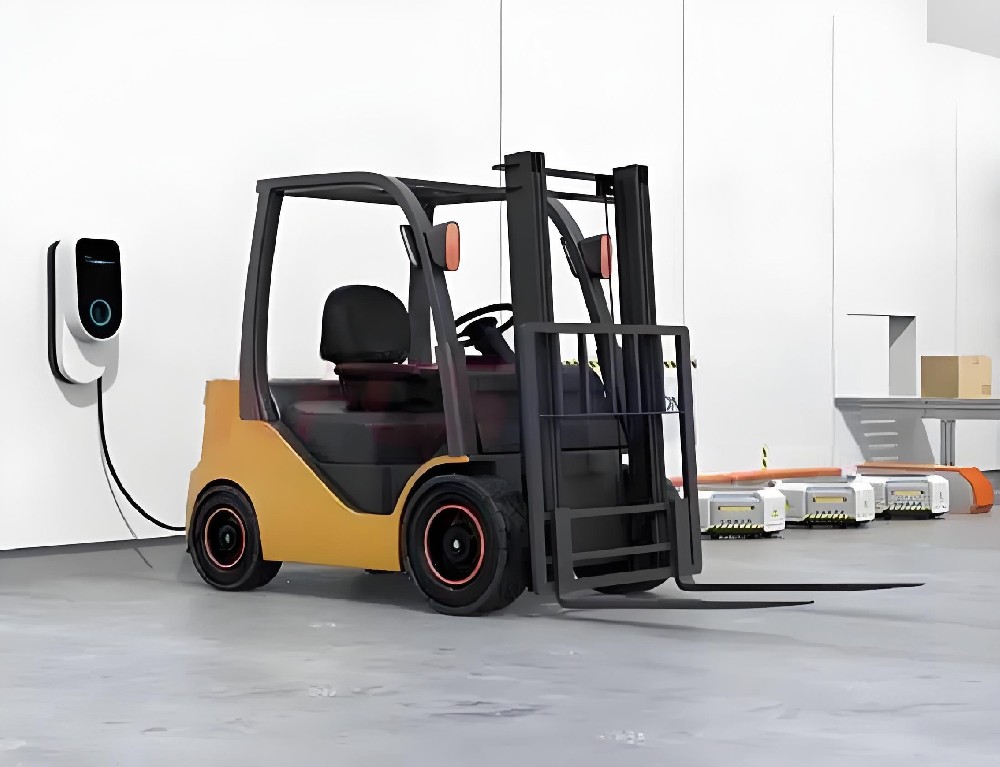As technology continues to evolve, businesses around the globe are steadily migrating towards sustainable and efficient power solutions. One such domain witnessing significant
advancement is warehouse management and logistics, where Lithium-Ion batteries have emerged as a frontline solution for power supply to forklifts. The use of Lithium-Ion batteries in forklifts has revolutionized warehouse operations, energy utilization, and management. However, like any technology, lithium batteries have their strengths and weaknesses. Let’s delve into the benefits and limitations of using Lithium forklift batteries.
The Benefits
1. High Energy Density
Lithium batteries possess a high-energy density, which allows them to store a substantial amount of power per unit of weight. This characteristic makes them perfect for heavy-duty applications such as forklifts.
2. Fast and Efficient Charging
Lithium batteries can be rapidly charged and discharged without losing their efficiency. This fast and efficient charging contributes to minimum downtime and maximum productivity, streamlining warehouse operations.
3. No Memory Effect
Unlike lead-acid batteries, Lithium batteries do not experience a ‘memory effect’. This means that they retain their full charge capacity regardless of whether they are fully discharged before recharging or not.
4. Minimal Maintenance
Lithium batteries require low maintenance as they do not require water topping (like lead-acid batteries), reducing ongoing maintenance costs and effort.
5. Eco-friendly
Lithium batteries can be recycled, thus making them a more environment-friendly option compared to their counterparts.
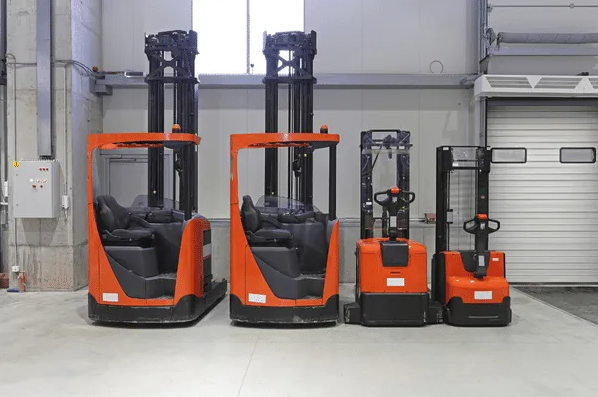
The Limitations
While Lithium batteries offer various benefits, it is equally essential to understand their limitations.
1. Initial Investment Cost
Though the long-term cost benefits of using lithium batteries are clear, the initial acquisition cost is comparatively high, potentially stretching the budget for small and medium businesses.
2. Specialized Charging Infrastructure
To harness the fast charging benefits of lithium batteries, specialized charging equipment, and infrastructure are needed.
3. Safety Precautions
Although Lithium batteries are generally safe, they can be hazardous if improperly handled or if they malfunction. Businesses must take necessary precautions and train their staff in proper handling and use.
To summarize, while there are substantial benefits to using Lithium batteries in forklifts – such as fast charging, high energy density, low maintenance, and environmental friendliness – it is essential to pay attention to their limitations. The initial investment cost, requirement of specialized charging equipment, and safety precautions must be considered while making the final call. Ultimately, understanding your business operations’ priorities and needs will determine if lithium batteries are indeed the best choice for your warehouse forklift fleet.
Let’s continue exploring additional nuances around the utilization of Lithium batteries in forklifts.
The Future of Lithium Batteries for Forklifts
Despite their limitations, Lithium-Iron-Phosphate (LiFePO4) batteries, a subtype of Lithium batteries, are increasingly prevalent in the forklift sector due to their sheer efficiency, maintenance advantages, and overall lifetime value.
LiFePO4 batteries provide excellent thermal stability, and high discharge rate, and maintain consistent power output throughout their life cycle. Moreover, their longer lifespan makes up for the higher upfront cost over time, signifying a promising return on investment.
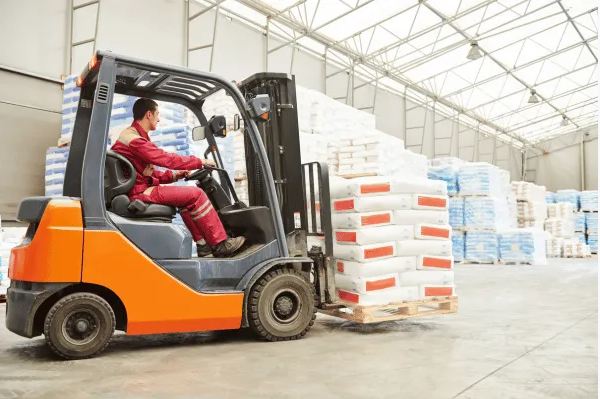
Regulations and Standards Around Lithium Batteries
As lithium batteries gain more popularity, it’s essential to familiarize oneself with regulations and standards around their usage. Standards set by regulatory bodies like OSHA
(Occupational Safety and Health Administration) and NFPA (National Fire Protection Association) in the U.S. govern the safe usage of Lithium-Ion batteries. Understanding and complying with these rules will ensure employee safety and minimize risks associated with the handling of lithium batteries.
Best Practices for Managing Lithium-Ion Batteries in Forklifts
When transitioning from traditional power sources to Lithium-Ion batteries, consider these best practices:
Proper Training: Ensure employees handling the batteries are adequately trained in their safe usage and emergency procedures.
Thermal Management: Implement a battery management system (BMS) to monitor the temperature and charging state of the battery.
Equipment Compatibility: Check whether your equipment is compatible with the battery to avoid performance or safety issues.
The incorporation of Lithium-Ion batteries into forklift operations symbolizes a step towards more efficient and sustainable warehousing. Despite challenges, their advantages promise a significant impact on the industry, nudging us towards an era of clean energy and high productivity.
By accurately weighing the benefits against the limitations and implementing best practices, businesses can successfully transition towards Lithium-Ion batteries-powered forklifts. Powering ahead, the industry looks poised for an exciting ‘charged’ future.
In our continuing discussion of lithium batteries in forklifts, let’s now address some frequently encountered concerns and questions, as well as investigate the effect of evolving technology on the market.
Frequently Asked Questions about Lithium Batteries in Forklifts
Can lithium batteries explode?
While lithium batteries have been associated with explosion risks, it’s important to note that this risk is considerably minimized for lithium-ion phosphate (LiFePO4) batteries, commonly
used in forklifts. Good manufacturing practices, proper use, and storage can further mitigate risks.
Do I need to fully charge lithium batteries?
No, lithium batteries do not require full depletion before recharging, thanks to having no memory effect. You can partially charge them without reducing their lifecycle, providing superior flexibility.
Can a lithium-ion battery power any forklift?
While lithium batteries are adaptable, ensure you use a battery that suits the forklift’s model and type. Some older forklifts may not be compatible without modification.
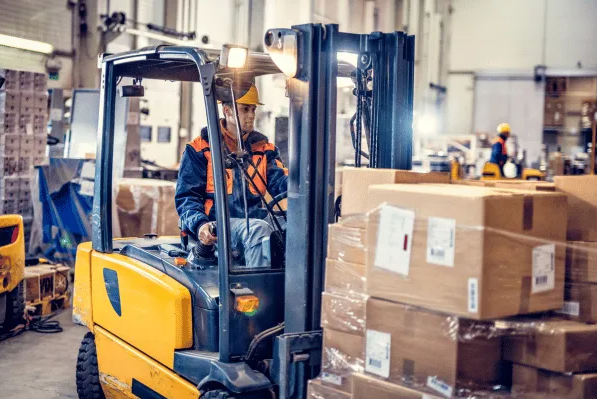
Technological Advancements and the Future of Lithium Batteries
Technological advancements are expected to reduce the cost and increase the efficiency of lithium batteries, making them even more popular in the future. Researchers are continually seeking ways to enhance the energy density, charging time, and overall performance of these batteries, thus promising exceptional prospects.
Conclusion: The Way Forward with Lithium Forklift Batteries
Despite the initial high investment costs and safety precautions required, it is undeniable that the use of lithium-ion batteries in forklifts marks a significant leap forward in warehouse operations. Technological advancements promise a reduction in these limitations, thus making these batteries more viable for a range of businesses.
As we charge forward into the new era of lithium-ion-powered forklifts, businesses should stay informed about emerging trends, technological advancements, and best practices. After all, informed decisions are the key to maximizing efficiency and productivity, while also ensuring a safe and sustainable work environment.
